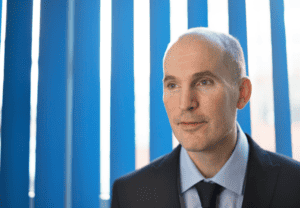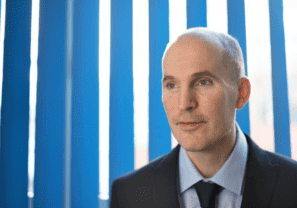Court of Protection
What is a Panel Deputy?
The Court of Protection appoints a deputy to act for people who lack capacity to manage their finances and property. If a person has capacity they can make a Lasting Power of Attorney (LPA) to appoint an Attorney to assist.
However, if a person has lost capacity or never had capacity as a result of an accident, illness or disability a LPA would not be possible.
The Office of the Public Guardian (OPG) compiled a list of approved professionals who could be considered to be appointed as “deputy of last resort” in appropriate cases. The appointments followed a rigorous vetting process to ensure that the potential deputies have the experience and expertise to act as deputies. The list, or panel, of deputies is published on the Gov.uk website.
In many cases a family member or friend will be appointed as deputy to manage finances. In cases with complex finances a professional deputy may be preferred by the Court of Protection. If a person has nobody else willing or able to act as deputy a professional from the panel may be appointed. Also, where there are family disputes about who should be deputy or cases of potential financial abuse the Court may decide that an independent professional deputy from the panel should act as deputy.


















Samantha Hamilton, Head of Court of Protection team at Mullis & Peake, said:
“I am one of approximately seventy professionals on the Office of the Public Guardian’s panel. I am referred cases from a wide geographic area covering Greater London, plus Essex and parts of Kent. Many cases are those where there has been disagreement within a family about who should act as deputy and/or cases where financial abuse has been alleged. There are also matters where an existing deputy wishes to step down from the role and there is no other suitable person available to take over. This makes for a varied and challenging caseload, but it is a rewarding role where you can make a real difference to the clients lives. Whether it is simply ensuring that their finances are in order and their needs at met, or recovering funds or property misappropriated from them, there is a way to safeguard vulnerable individuals.”